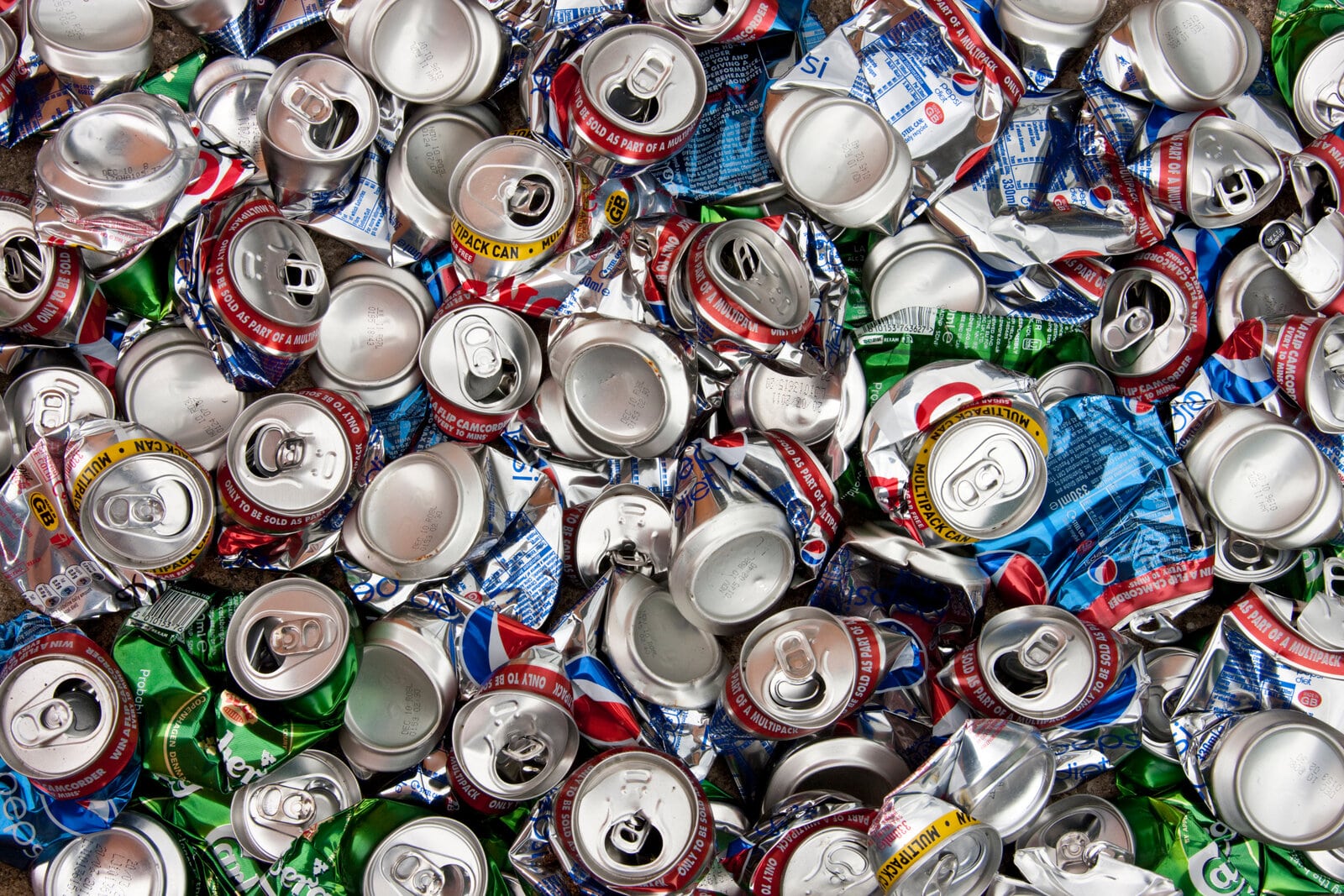Recycling aluminum cans could save 60 mn tons of CO2 per year by 2030

An effective global recycling system for aluminum beverage cans could save up to 60 mn tons of CO2 per annum globally by 2030, according to a study (pdf) by Roland Berger analyzing waste management schemes in six countries, including the UAE. The research assessed each country's collection infrastructure, recycling and landfill rates, used beverage can trade, raw material flows, and future targets. The five other countries in the study were South Korea, Vietnam, Cambodia, Thailand, and Australia, which, together with the UAE, represent 9% of the global can market. The study was commissioned by the International Aluminium Institute (IAI) and co-funded by Emirates Global Aluminium, Crown Holdings, Australian Aluminium Council, and Novelis.
The UAE had the lowest recovery rate: The UAE came in last in terms of the share of aluminum cans recovered, with only a 33% recovery rate. South Korea had the highest recovery rate at 96%, followed by Vietnam at 93%, Cambodia at 90%, Thailand at 86%, and Australia at 74%. Collectively, the six countries recycle 79% of all cans put on the market, according to one of the directors of forecasting at the IAI. The recovered cans are either recycled into cans once again, or used in the manufacturing of other products that require aluminum.
And is lacking policy incentives for effective collection: The study described the UAE’s recycling system as being in a transitional phase, where the collection infrastructure is largely developed but still lacks mandatory “extended producer responsibility” (EPR) strategies — making producers responsible for managing the disposal of products in the post-consumer stage — or “deposit return systems” (DRS) — offering financial incentives to consumers who return their used products. The other two types of systems identified were informal collection, and developed waste management, where the former relies on a high number of informal workers who collect the cans for income, and the latter depends on solid policies and complex infrastructure.
Recommendations to increase collection and recycling: The research identified some future actions to increase the rates of recycling, including deploying standardized dual-stream collection where consumers are incentivized to separate their waste; piloting semi-automatic basic and medium-sized sorting facilities; supporting a global trading platform for waste; and working with small-scale recyclers to improve recycling processes. With global consumption expected to increase by 50% between 2020 and 2030, these policies will be necessary to achieve global net zero emissions.